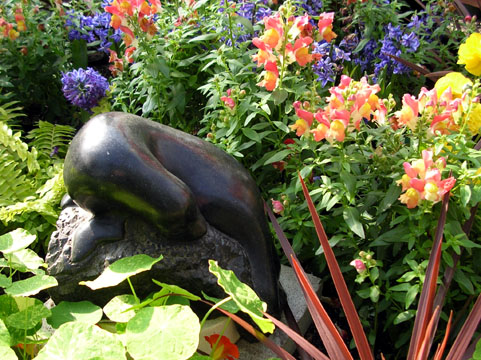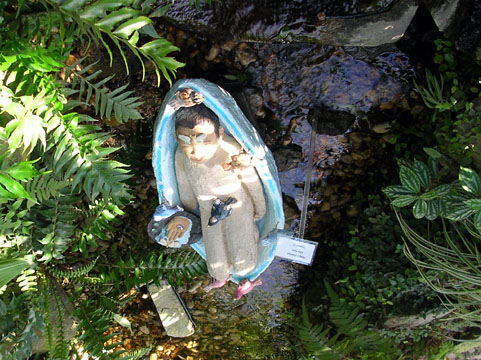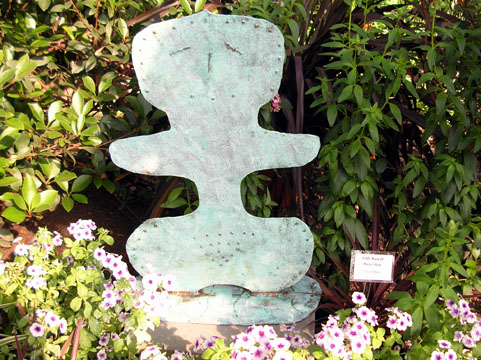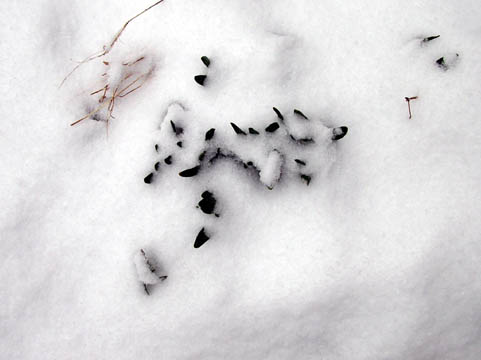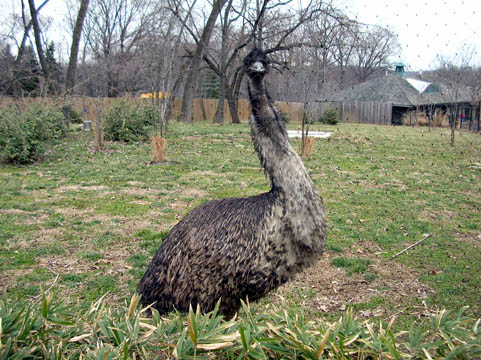I Am the People, the Mob
By Carl Sandburg
I am the people--the mob--the crowd--the mass.
Do you know that all the great work of the world is done through me?
I am the workingman, the inventor, the maker of the world's food and
clothes.
I am the audience that witnesses history. The Napoleons come from me
and the Lincolns. They die. And then I send forth more Napoleons
and Lincolns.
I am the seed ground. I am a prairie that will stand for much plowing.
Terrible storms pass over me. I forget. The best of me is sucked out
and wasted. I forget. Everything but Death comes to me and makes
me work and give up what I have. And I forget.
Sometimes I growl, shake myself and spatter a few red drops for history
to remember. Then--I forget.
When I, the People, learn to remember, when I, the People, use the
lessons of yesterday and no longer forget who robbed me last year,
who played me for a fool--then there will be no speaker in all the
world say the name: "The People," with any fleck of a sneer in his
voice or any far-off smile of derision.
The mob--the crowd--the mass--will arrive then.
--------
The late news is at this moment threatening me with seven inches of snow by morning so forgive me if I am distracted. We had an unenthralling Sunday: older son had Hebrew school, then a meeting with his science group from school, so while
So as blah as I felt last year after the ROTK sweep of the Academy Awards last year, which left M&C out entirely, I am even more blah this year.
But I'm still sorry that what looked early on like an Aviator sweep didn't pan out; though I don't think it's Scorsese's best film, I think he's long overdue, and I really did not like Unforgiven for which Eastwood won an award years ago so as far as I'm concerned he's already got more than he deserves. Everything else, I was apathetic about; I think Hilary Swank is an excellent performer but we all know that the Oscars are always given for what you're in when and against whom as much as for any given performance (hence Jodie Foster has two, Glenn Close has none), and I was annoyed they gave Best Actress to someone who really doesn't need another trophy, instead of Imelda or Catalina who may never again be in a film prominent enough in the US to get them nominations. And Kate was SO good in two different movies this year, and is 0 for 4...I adore Annette and would begrudge her nothing but she really doesn't need an Oscar either, so I was rooting against both favorites in that category.
Otherwise I loved the guy who won for the short and hyped the entire Canadian film industry, I loved Chris Rock's Bush-bashing, I wanted Shrek 2 to beat The Incredibles but not passionately. I also loved Chris Rock's comments about Russell Crowe but they would have been lots funnier had he not already made them to Entertainment Weekly a couple of weeks ago. Really, one of the neatest moments was Salma Hayek speaking so passionately while introducing "Al Otro Lado Del Río" -- the song from The Motorcycle Diaries -- and I loved Antonio Banderas' excitement when it won (the songwriter had the best speech of the night hands down!) and again when The Sea Inside won foreign language film. Would that it had won best picture. There was just so little passion, either on my end or on the show.
From
| You scored as Green. Imunimaginative's Deviantart Page
What Political Party Do Your Beliefs Put You In? created with QuizFarm.com |
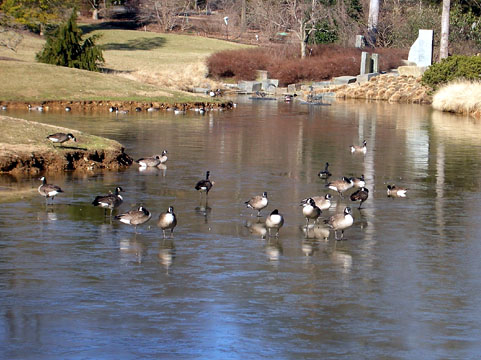
Geese on the ice at Wheaton Regional Park last weekend. The stones in the background are the monument to the victims of the sniper who terrorized the area in 2002, shooting among others a high school student and keeping my kids' school on lockdown for several weeks.





